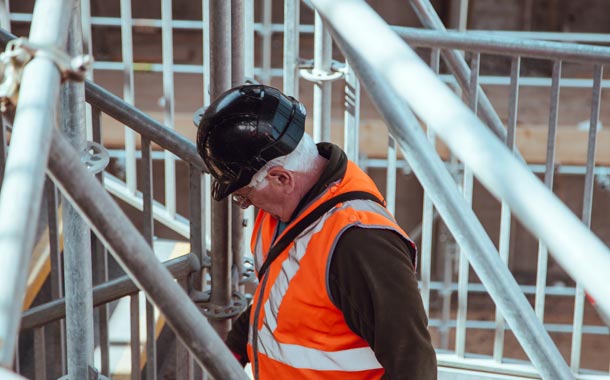By Alysha Webb, Editor and Publisher
The State of Florida recently passed a law that prohibits manufacturers from requiring dealers to renovate their facilities more often than once every 10 years. While such laws do provide good protection for dealers, image compliance will still be figured into the value of a dealership in a buy sell, say industry players. That likely means a valuation decrease.
“Image compliance does impact goodwill,” Fred O’Halloran, a consultant with MD Johnson, Inc., tells Automotive Buy Sell Report. MD Johnson is a dealership valuation and buy sell advisory firm.
Say a dealer upgrades a store in Florida, and the image program is changed three years later and an upgrade would cost $3 million, says O’Halloran. By law, the dealer won’t have to upgrade to the new image.
But if the dealer decides to sell the dealership, “the potential buyer is going to take that into consideration when he considers what he is going to pay,” says O’Halloran.
The manufacturer may require the new owner to upgrade, he says.
Meanwhile, though the dealer sank $3 million into the image upgrade, “that doesn’t make my facility worth $3 million more,” says O’Halloran.
Nancy Phillips of Nancy Phillips Associates, a buy sell advisory in New Hampshire, says that if a seller believes such laws are an advantage, that is a misconception.
“When a new buy sell goes through, the franchisor’s requirements will be met” regardless of the laws, she says.
They do provide some protection to dealers while they are in place, Phillips adds.
Florida is not the only state that has a law prohibiting facility upgrades within specified time limits, and more and more states are likely to adopt similar programs, says Leonard Bellavia, an attorney at Bellavia, Blatt & Crossett, a law firm in New York state.
He worries about another aspect of the new Florida law, which mandates that manufacturer’s incentive programs remain available to dealers who chose not to upgrade, and that dealers remain eligible for any benefit increases in the time leading up to the implementation of the new facility rules.
Bellavia calls that provision a “double-edged sword.”
“Clearly it protects dealers who enroll in these programs,” he says. “I just hope it doesn’t service to legitimize the two-tiered pricing that is integrated into these facility programs. That would be hard on dealers who feel their facilities are just fine but find themselves the victims of price discrimination by not enrolling in these ‘voluntary’ programs.”
He would have preferred to see the new law include a prohibition against incentive programs tied to facility upgrades, Bellavia tells Automotive Buy Sell Report.
Some whole-heartedly support the new Florida law.
“The Florida law is great as it allows dealers to realize more return on their initial investments of compliance or improvements,” says Ken Rosenfield, founder and managing partner of Rosenfield & Co., a CPA firm with offices in Florida, New York, and New Jersey.
“The customer doesn’t care what the facility looks like as long as it is clean,” he tells Automotive Buy Sell Report.
Several years ago, his firm did a study of its some 15 Toyota dealer clients and found that a facility upgrade didn’t sell more cars or add to the bottom line. It did, however, increase expenses.
“All [an image upgrade] does is enhance your relationship with the manufacturer,” says Rosenfield.












